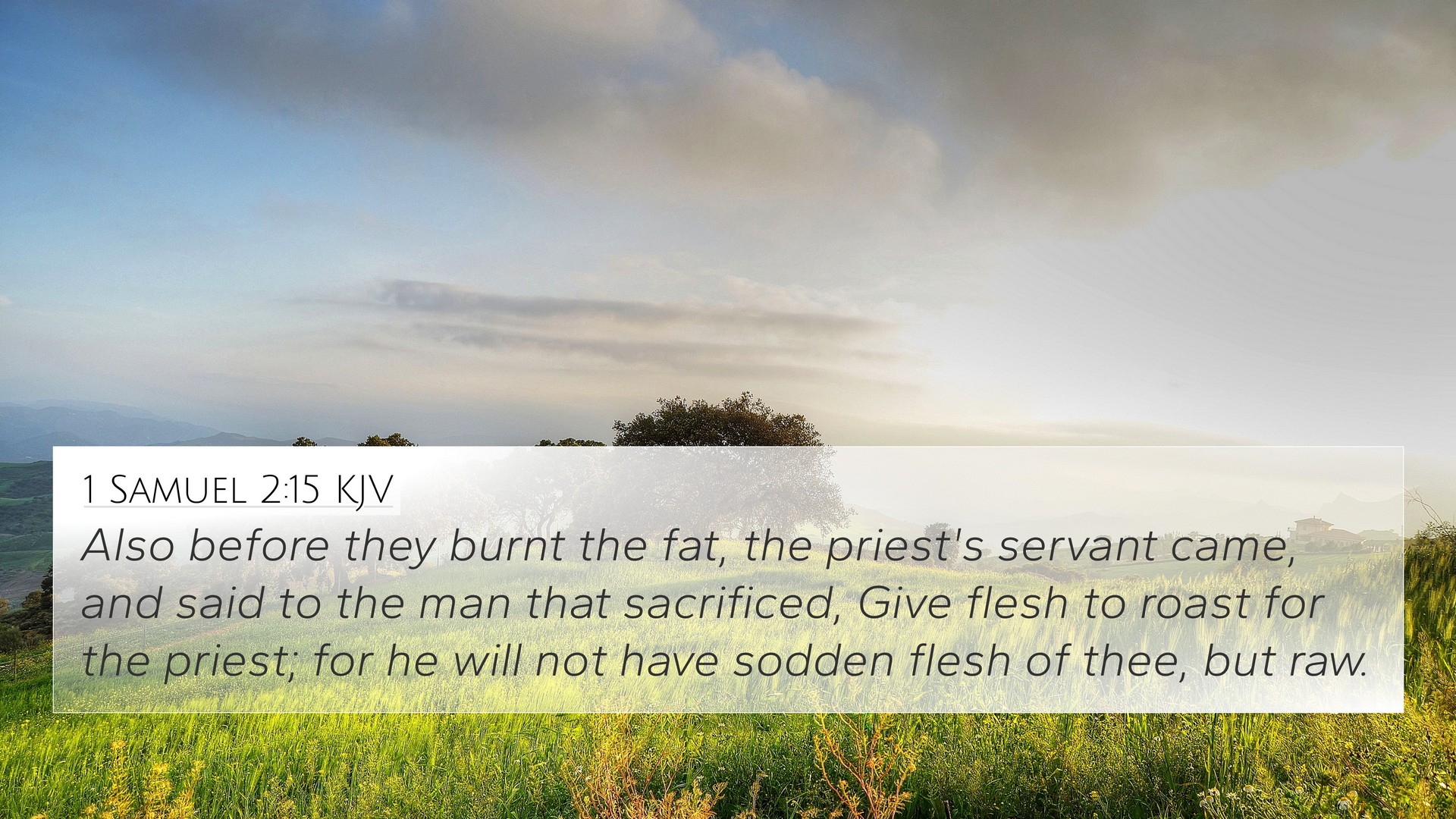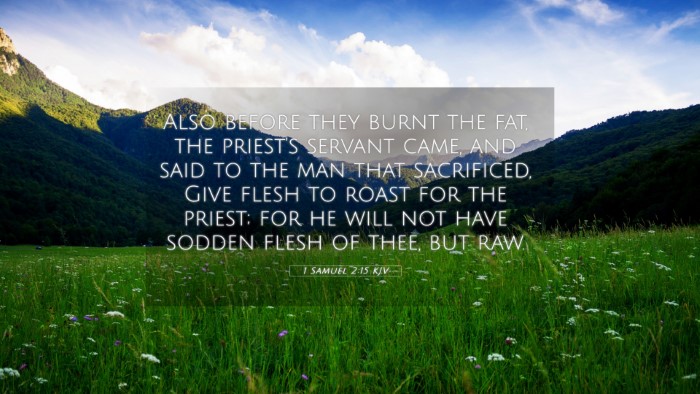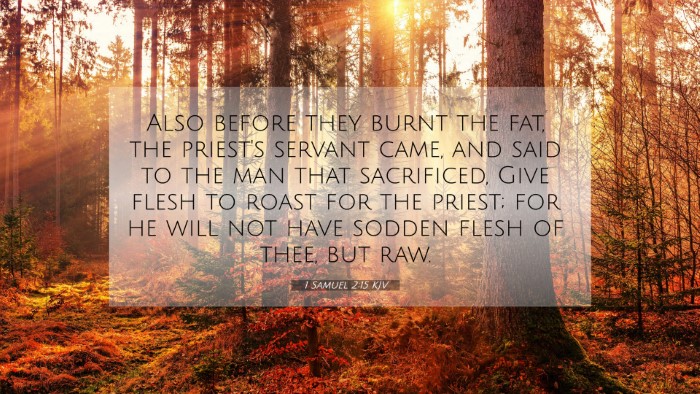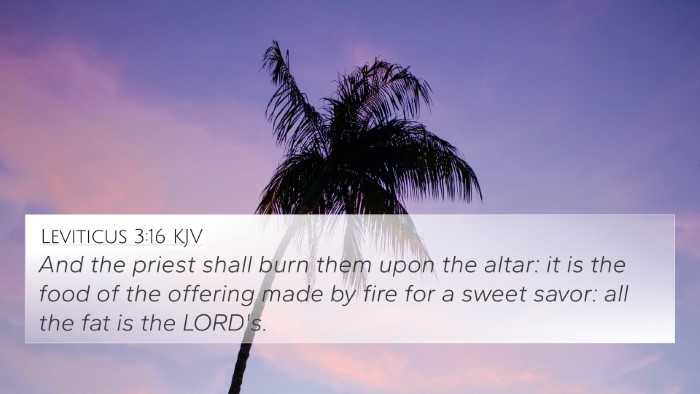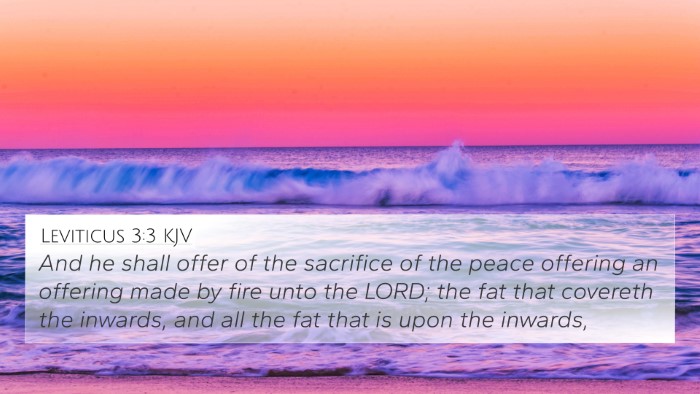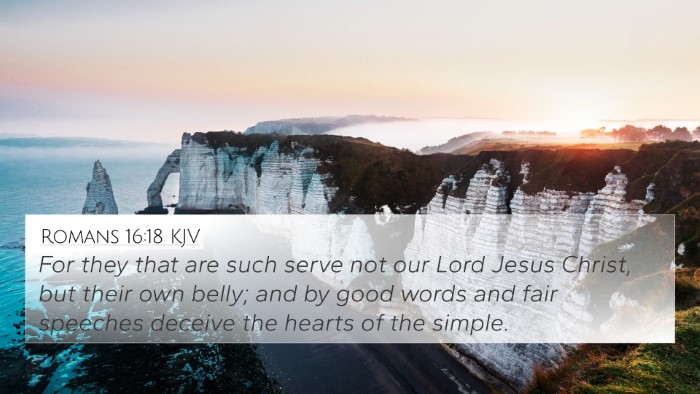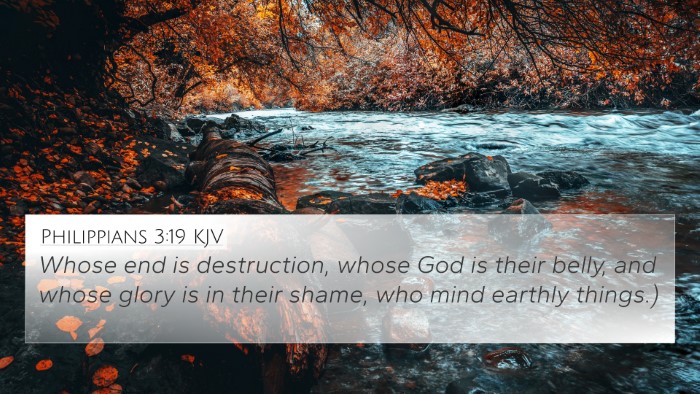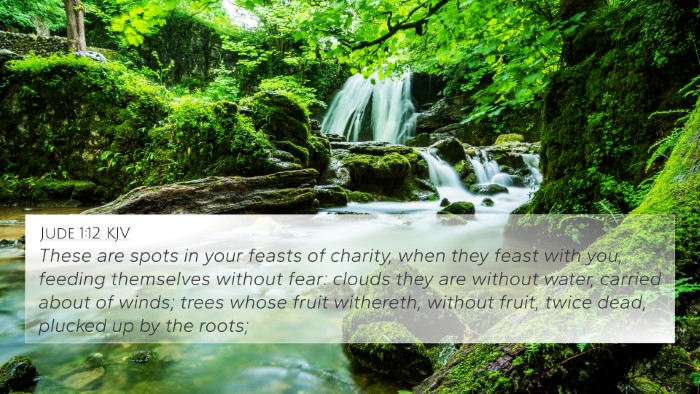Understanding 1 Samuel 2:15
Bible Verse: 1 Samuel 2:15
This verse, taken from the Old Testament, highlights the corrupt practices of Eli's sons, Hophni and Phinehas, who were priests at Shiloh. It serves as a reflection of the broader themes of disobedience and the consequences of turning away from God's commandments.
Analysis of 1 Samuel 2:15
In 1 Samuel 2:15, we see the actions of Eli's sons depicted as they prioritized their own greed over the sacred duties entrusted to them. This verse states the manner in which they would take the meat from the sacrifices before they were offered to God, showing blatant disregard for God's laws concerning sacrificial offerings.
Commentary Insights
-
Matthew Henry:
Matthew Henry notes that the sons of Eli 'made themselves fat' and were involved in 'the grossest abuses of their priesthood.' He highlights the significance of how these actions not only insulted the worshippers offering sacrifices but also were offensive to God Himself. Their greed indicated a deep spiritual corruption.
-
Albert Barnes:
According to Albert Barnes, the taking of the first portion of the sacrifice was a direct violation of the law (Leviticus 7:30-34). He emphasizes that this behavior exemplified the moral decay present within the priesthood and served as a precursor to the downfall of the entire priestly lineage.
-
Adam Clarke:
Adam Clarke elaborates on the social implications of this misconduct. He argues that it leads to a breakdown of trust between the people and their spiritual leaders. Clarke suggests that these corrupt practices contributed to Israel's spiritual decline, foreshadowing calamity for the nation.
Connections and Cross-References
This verse is foundational in understanding the interplay of priesthood duties and the necessity for integrity among leaders in the faith community. Below are related Bible verses that illustrate similar themes:
- Leviticus 7:31-34: Discusses the proper conduct regarding sacrifices.
- 1 Samuel 2:12: Describes the wicked nature of Eli's sons.
- Jeremiah 23:11-12: Condemns corrupt leaders in Israel.
- Ezekiel 34:2-10: Speaks on the responsibilities of shepherds (leaders) over their flocks.
- 1 Timothy 3:1-2: Outlines the qualifications for church leaders, emphasizing integrity.
- Titus 1:6-9: Paul's instruction on having blameless elders in the church.
- Hebrews 5:1-4: Discusses the role of the high priest and the importance of his duties.
- Malachi 1:7-9: Addresses defilement of offerings made to God.
- Matthew 23:25-28: Jesus' rebuke of the Pharisees for hypocrisy and corruption.
- Acts 20:28: Paul warns leaders to take care of the church, which God has purchased with His own blood.
Thematic Connections and Lessons
The overarching theme present in 1 Samuel 2:15 and its accompanying references is the call for integrity and accountability in spiritual leadership. The behavior of Eli's sons is a warning to all leaders about the dangers of neglecting their duties and the consequences that follow when they prioritize personal gain over God’s commands.
Conclusion
1 Samuel 2:15 serves as a sobering reminder of the serious nature of spiritual leadership and the impact of hypocrisy within the church. By examining cross-references and understanding the context, we can grasp the pivotal messages this verse conveys about faithfulness, accountability, and the integrity required of those who stand before God and His people.
Further Study
For those interested in exploring the themes related to 1 Samuel 2:15 and improving their understanding via a Bible concordance or cross-reference Bible study tools, consider using available resources to delve deeper into the connections between these scriptures.
